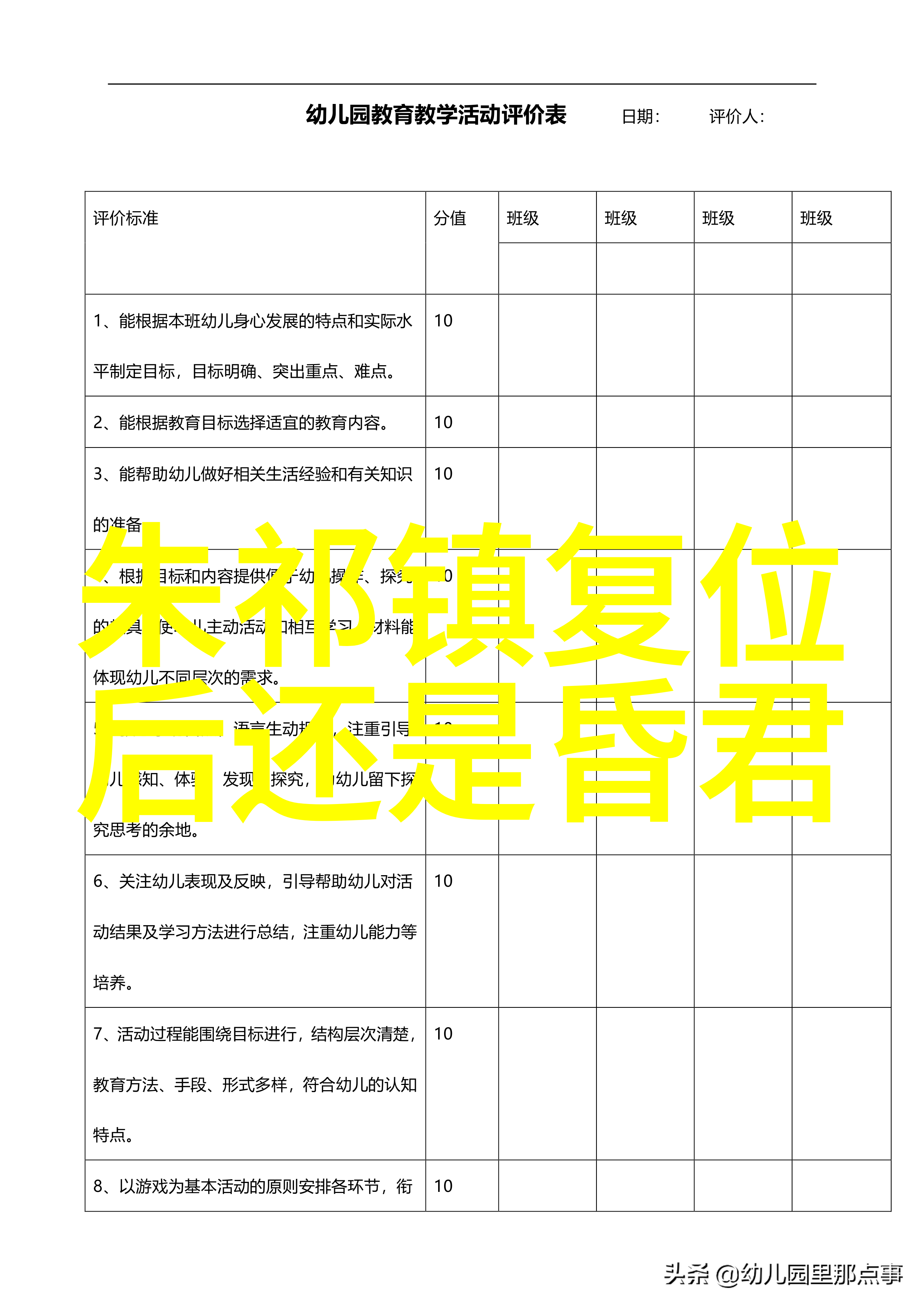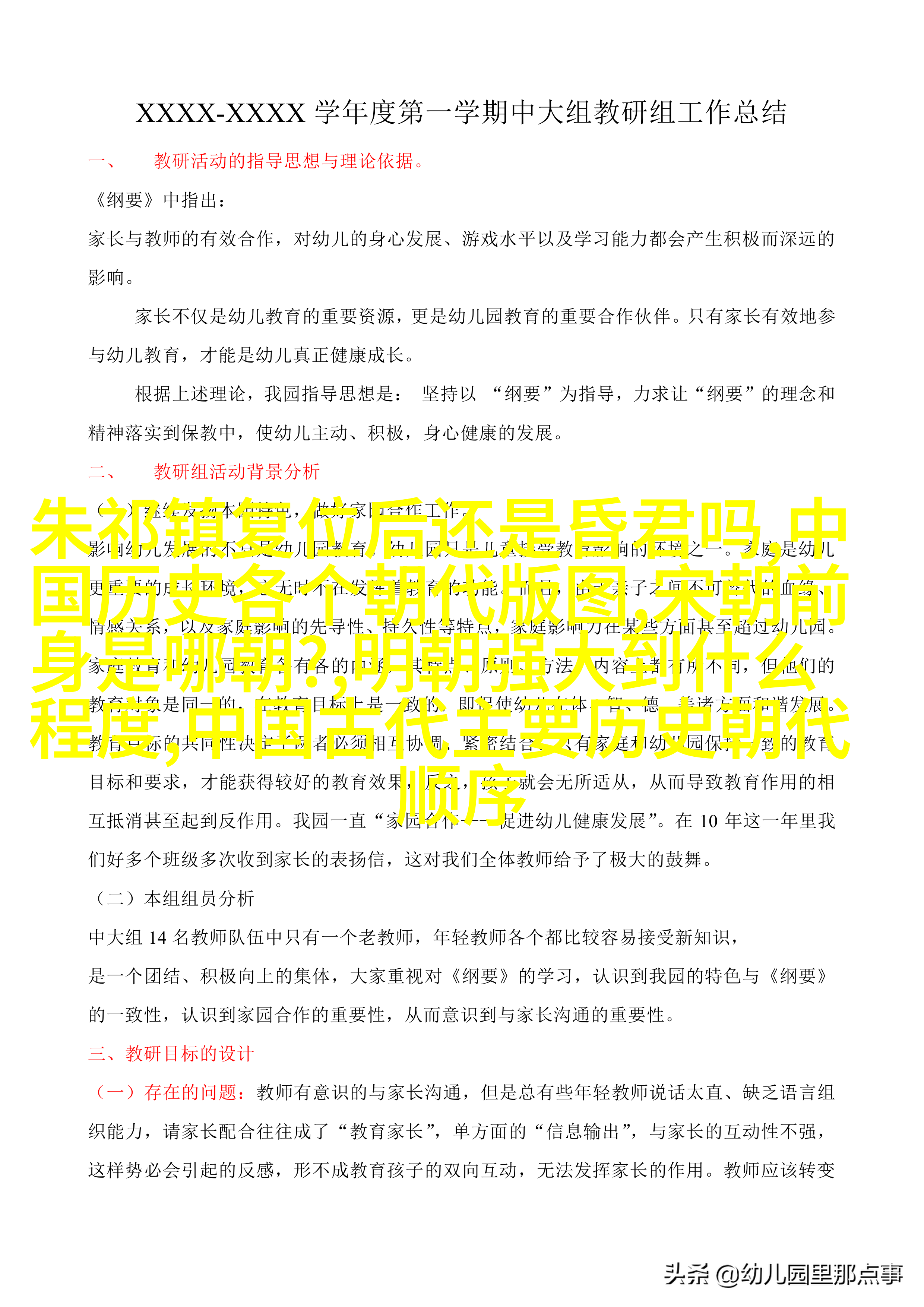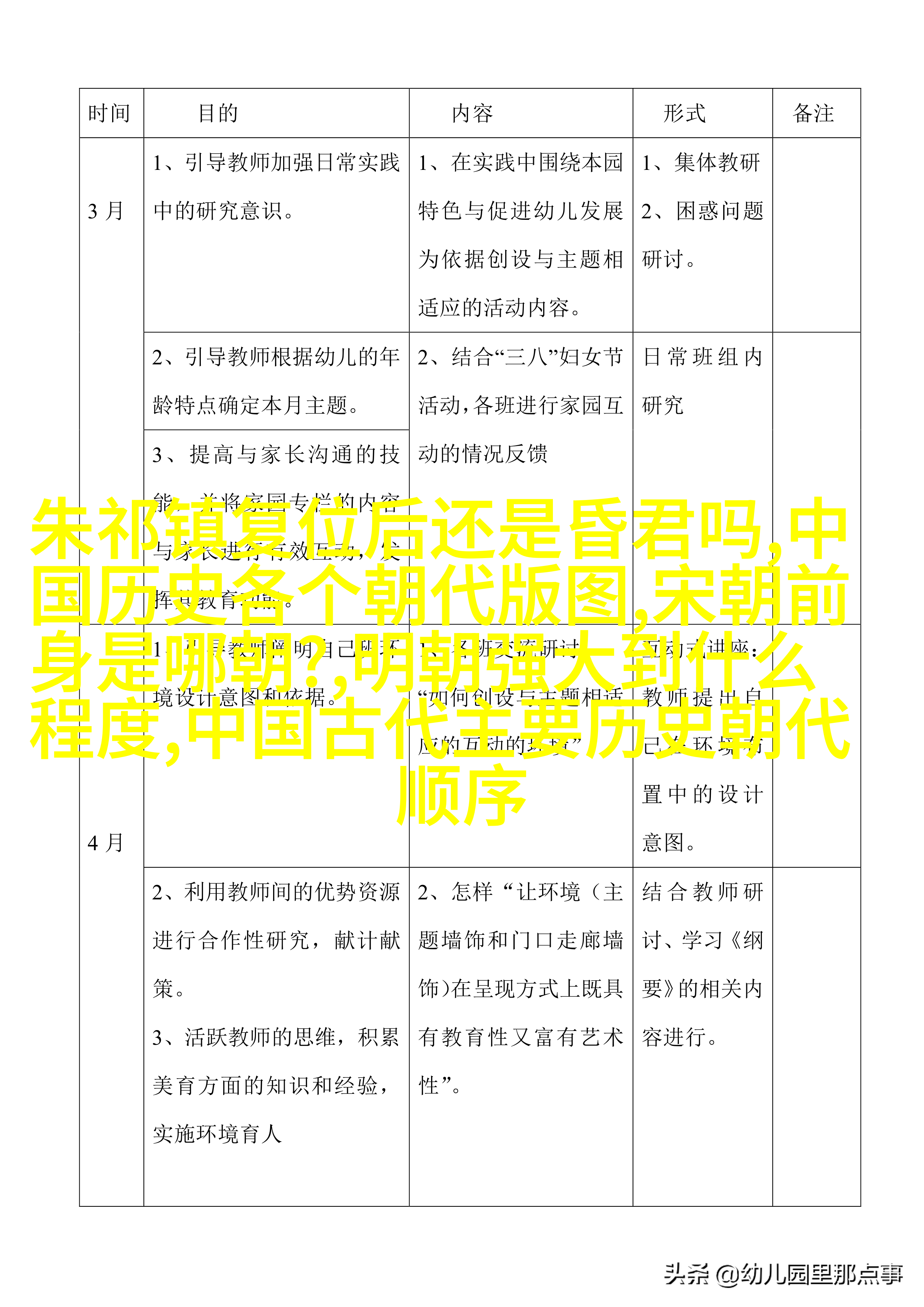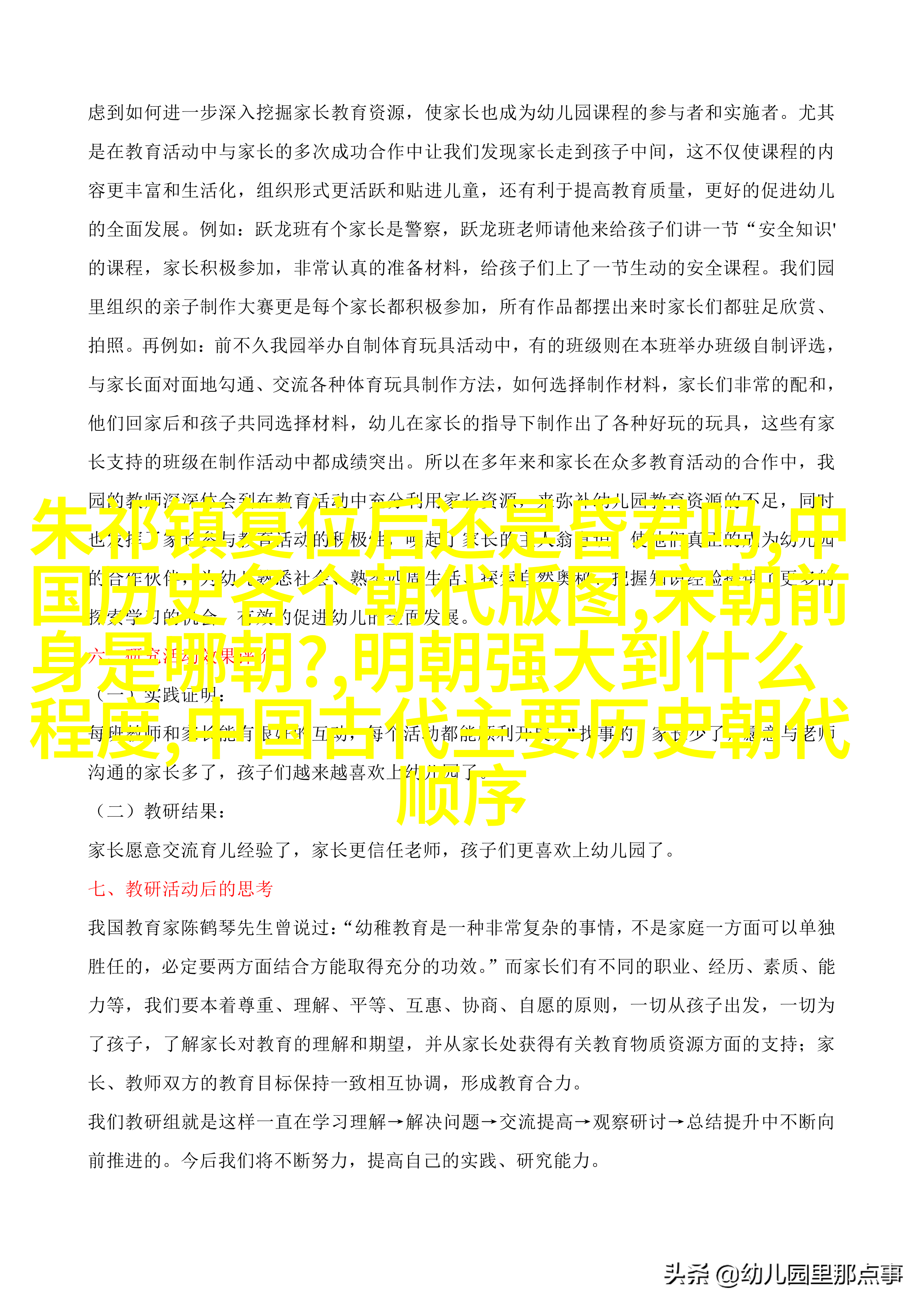Unveiling the Grandeur of Ming Dynasty: A Historical Odyssey

The Founding of the Ming Dynasty
In 1368, Zhu Yuanzhang, a former Buddhist monk and peasant leader, overthrew the Mongol-led Yuan dynasty and established the Ming dynasty. The name "Ming" signifies brightness or light, symbolizing a new era for China after years of turmoil under foreign rule.

The Reigns of Famous Emperors
Throughout its history, several emperors made significant contributions to the development and prosperity of China during their reigns. For instance, Emperor Yongle oversaw the construction of many public works projects such as roads, bridges, and canals that greatly improved communication and trade within China's vast territories. Additionally, his decision to move capital from Nanjing to Beijing solidified its position as an imperial center for centuries to come.

Cultural Achievements During the Ming Period
During this period saw remarkable advancements in various cultural fields including literature (e.g., Confucian classics), art (e.g., porcelain production), architecture (the Forbidden City), science (astronomical observations) and technology (gunpowder). This flourishing culture also led to increased social mobility for common people who could now access education through newly-established schools.

Economic Growth & Trade Expansion
Under effective governance by successive administrations like Zheng He's maritime expeditions in Southeast Asia & beyond; domestic silk industry flourished along with agriculture which provided food surplus leading into urbanization growth.

China became one among world’s largest economies at time before European colonization occurred around same era due largely because internal stability following unification after long civil war ended by founding emperor Zhu Yuanzhang but also because international trade expanded via sea routes opening up markets across globe extending far beyond Asian continent especially towards Africa & Europe where Chinese goods were highly sought after like tea spices ceramics porcelain etcetera.
Decline & Legacy Of The Ming Dynasty
Despite great achievements throughout its history including establishing national identity reinforcing feudalism promoting arts sciences – it was ultimately weakened internally due corruption nepotism among ruling elite while external threats grew stronger in form neighboring Manchu tribes beginning military invasions against them culminating final fall when last emperor Chongzhen hanged himself on September 24th 1644 marking end era lasting almost four hundred years since founding back then under leadership founder Zhu Yungchang better known today historians call him Hongwu Emperor whose vision set foundation upon which mighty empire stood tall above all else building strong foundations making way possible future generations build upon what they had accomplished so meticulously carefully constructing magnificent architectural structures beautiful artwork scientific discoveries technological innovations establishing order stability peace prosperity within society fostering strong sense belonging pride loyalty amongst citizens nationwide strengthening bonds between rulers ruled alike contributing significantly shaping course world history forever leaving indelible mark humanity’s collective memory
标签: 中国历史各个朝代版图 、 宋朝前身是哪朝? 、 明朝强大到什么程度 、 朱祁镇复位后还是昏君吗 、 中国古代主要历史朝代顺序



